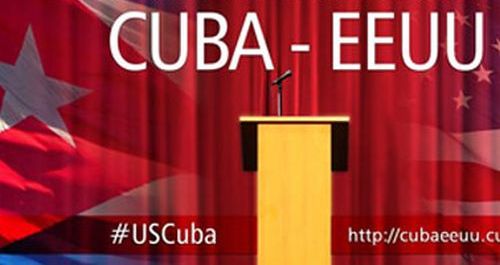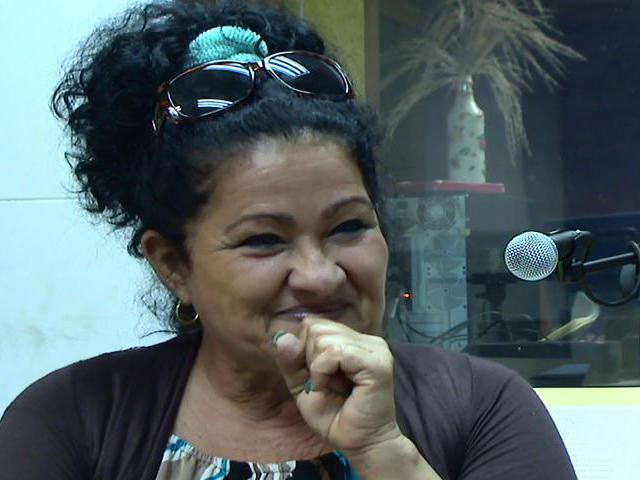“Cuba is living a crucial moment for the vision that characterizes the Cuban leadership, which has been sustained by the dignity, consistency and honesty of the hand of that vision is projecting a new stage in the relationship with the United States; but that’s only the start because it has to complete this process in the return of the Guantanamo Naval Base and the end of the blockade, because they are two South American and Latin American causes, “said Samper.
The multifaceted performance inspired Apostle Colombian political intervention on behalf of one of the most active integration mechanisms in the region. He also noted that in some way this event in Havana becomes like a historical tradition because in the Caribbean initiated by the Spanish discovery, conquest and colonization; and the ideas of independence at the time and because joined Martí with Bolivar.
“Simon Bolivar coincided with José Martí in pointing out the dangers of foreign meddling and the reconciliation of our republics; but the two agreed on the approach to reassert sovereignty as a fundamental for the construction of integration in which we are all committed principles, “he told the plenary during the opening.
Reminded the president of Colombia last year UNASUR held the issuance of the Letter of Jamaica, the most important political document of Latin American history of the nineteenth century, where Bolivar foresaw the wiles of the empire, the union of the 16 countries predicted what would the future of the hemisphere.
“When the organizers of the event told me what we could do specifically to link the name of the South American Martí because I did not hesitate to think that building a citizenry to reach a large country like Martí and Bolívar dreamed, it is the cause that would land will evoke the name of the Apostle “he said.
In his farewell to the first session of the Second International Conference “With all and for the good of all”, the Secretary General of the Union of South American Nations spoke with gratitude about the role of the Greater Antilles as a mediator in talks peace to end the conflict between the Colombian government and the Revolutionary Armed Forces of Colombia (FARC), to achieve a zone of peace in a world afflicted by ethnic wars, religious strife and the remnants of the Cold War conflicts.
Translated by: Daysi Olano Fernandez



